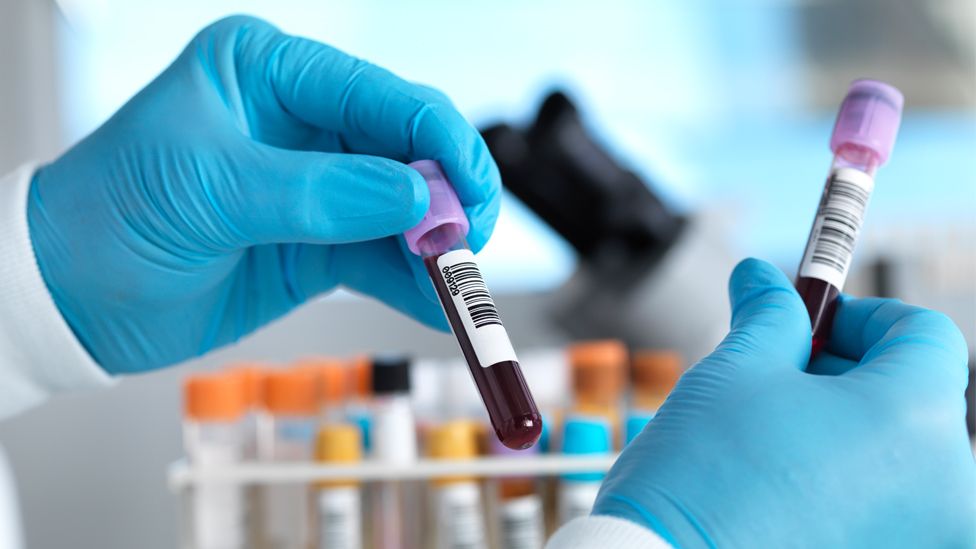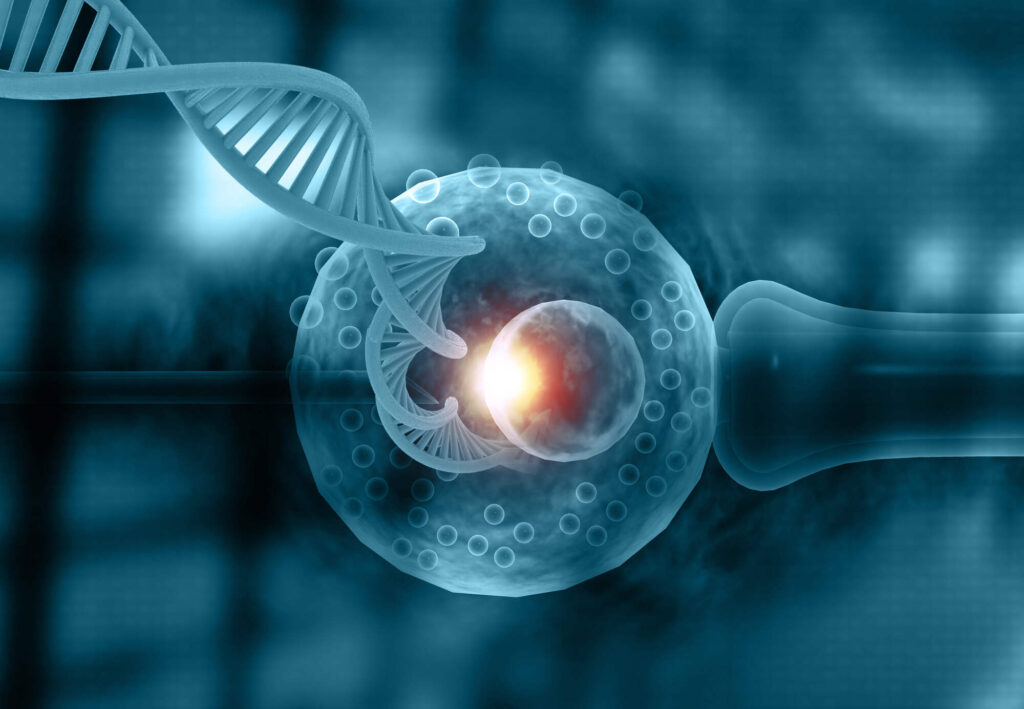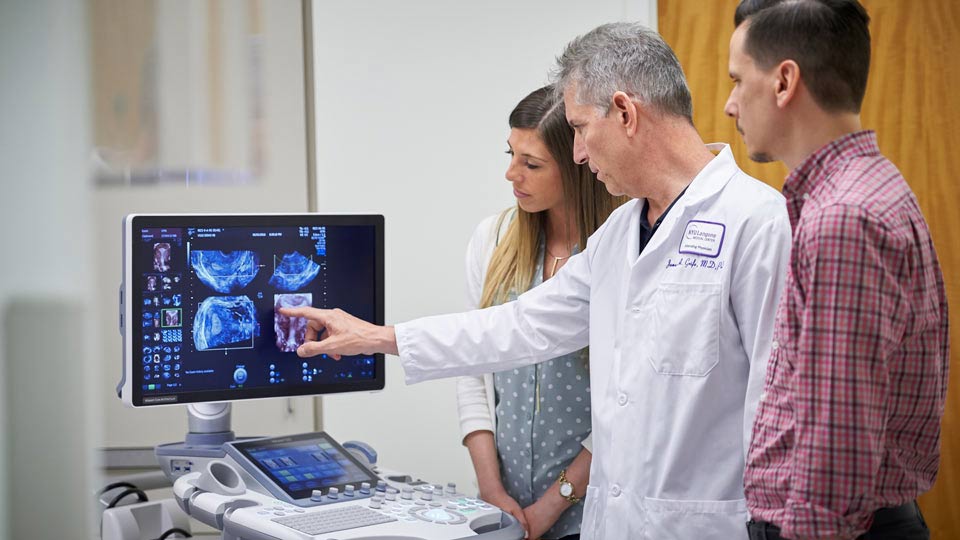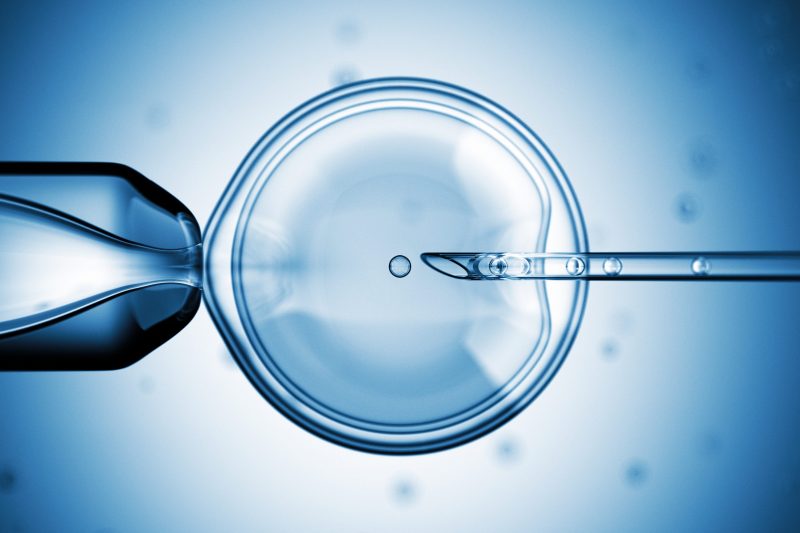Genetic Testing &
Counseling
Embarking on the journey to start a family entails numerous choices, and among these options, carrier screening and Preimplantation Genetic Testing (PGT) emerge as valuable tools. They offer essential information to empower you in making well-informed decisions.

Genetic Carrier Screening
When you’re pregnant or planning for pregnancy, ensuring a healthy outcome is a top priority. While most babies are born healthy, there’s a small chance of genetic disorders. Carrier screening examines your and your partner’s genes to assess the risk of passing on inherited disorders. If you’re at increased risk, consider PGT-M (preimplantation genetic testing for monogenic defects) before pregnancy to significantly reduce the risk of having an affected child.


What Is Genetic Carrier Screening?
we strongly advocate for pre-conception genetic screening during routine counseling. We recommend a blood test for all female patients to identify potential genetic diseases. If a female tests positive, we then test the male partner to ensure they are not carriers of the same diseases. If a genetic disease is found, the couple can opt for in vitro fertilization (IVF) with preimplantation genetic testing to prevent passing the disease to their child. Couples who decline screening are asked to sign a waiver.
Genetic screening tests for gene mutations categorized into the following three groups:
- Mutations prevalent within specific ethnic groups.
- Recessive mutations, as dominant ones usually exhibit symptoms and are already well-known.
- Mutations with a potential to cause severe diseases in future offspring, even if you’re healthy and lack a family history of such conditions. Being a carrier of genetic mutations can pose risks to your children, underscoring the importance of comprehensive screening.

The Potential Results
What Is Preimplantation Genetic Testing (PGT)?
Preimplantation genetic diagnosis (PGT) is a cutting-edge genetic test conducted before pregnancy. It screens embryos from IVF for genetic issues, only transferring healthy ones to the uterus, ensuring a healthy baby. This includes detecting diseases like cystic fibrosis, thalassemia, Tay-Sachs, sickle cell disease, and over 200 other genetic conditions.


When Is Preimplantation Genetic Testing Used?
PGT is employed when chromosome issues link to implantation failure, miscarriage, or birth defects. It identifies these abnormalities in embryos, aiding in selecting the healthiest ones for transfer. Since abnormal embryos appear identical to healthy ones, PGT is essential to enhance the odds of a successful and healthy pregnancy.
The Four Different Kinds Of PGT Procedures:
PGT-A: Aneuploidy, formerly called PGS. ( This is a general screen)
PGT-M for Monogenic disorders. (This looks for specific disorders that you and your partner are carriers of)
PGT-HLA for matching. (This looks for an HLA match for an affected child you already have)
PGT-SR screens for structural chromosomal issues, like translocations. It identifies embryos with balanced translocations, ensuring they are viable for life.


How PGT Is Different From IVF?
In this cycle, monitoring, retrieval, and fertilization follow the standard IVF procedure. After retrieval, embryos are cultured for 5-7 days and may undergo genetic testing. No embryo transfer occurs at this stage.
Your period typically starts 5-14 days post-retrieval. We recommend morning monitoring for a new baseline, which helps determine whether to proceed with a Frozen Embryo Transfer (FET) cycle or another fresh IVF cycle if you desire more embryos.
How You Can Prepare For PGT
In our fertility and IVF process, we partner exclusively with Reproductive Genetic Innovations (RGI) for embryo testing. If you need testing, a consultation with RGI’s genetic counselor is essential, either in person or over the phone.
For PGT-M related to a specific disorder, contact them early, as probe preparation can take up to 6 weeks, delaying your IVF cycle. But if you’re doing PGT-A only, no setup is needed, and your IVF cycle can start immediately.

